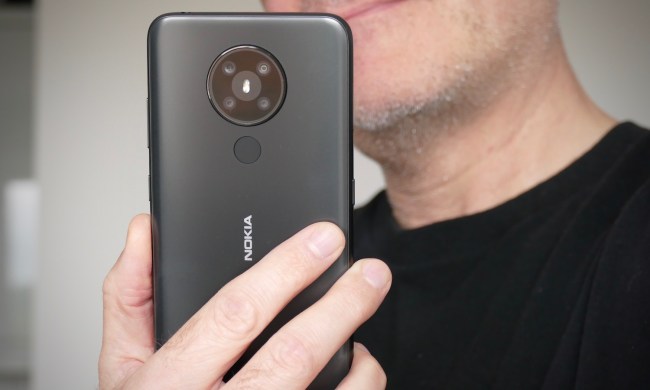
Finland’s Nokia is gearing up to launch its first Windows Phone devices, but the company is also continuing to cut costs and wind down its former flagship Symbian business. The company announced today its will be cutting about 3,500 additional positions by the end of 2012, with the bulk of those cuts coming by the end of the year as Nokia shuts down a 2,200-person manufacturing facility in Cluj, Romania. Nokia says it’s also looking at changing the operations of additional manufacturing facilities in Hungary, Mexico, and even its home turf of Finland—those sites will likely stay open, but will shed workers as Nokia retools their processes. The company will shift more manufacturing operations to facilities in Asia, which are closer to key component suppliers.
In addition to the Cluj shutdown, Nokia is planning changes to its Location & Commerce business—which includes Navteq services—as well as social location services. Those changes will result in about 1,300 job cuts as Nokia looks for “synergies” between the different groups; those layoffs will primarily impact employees in Germany and the United States.
The move comes about five months after Nokia announced it was eliminating some 7,000 positions and shifting ongoing development and support of its Symbian OS to Accenture: about 4,000 positions were eliminated entirely, while roughly 3,000 transferred to Accenture.
Nokia is still the world’s largest maker of mobile handsets, but despite essentially inventing smartphones, the bulk of Nokia’s business is in low-margin standard phones primarily sold into developing markets. Recently installed CEO Stephen Elop is leading the company in an all-or-nothing bet on the Windows Phone platform, inking a close partnership with Microsoft to develop phones for the platform and get unique access the Windows Phone OS as it develops. Nokia’s first Windows Phone device is expected by the end of the year, with the company launching more devices going into 2012.
By reducing headcount and shuttering manufacturing facilities tied to its legacy business, Nokia is trying to make itself more nimble and, hence, more competitive with the likes of Samsung, Motorola, HTC, Apple—and even RIM. However, there’s no guarantee that, even with Nokia’s well-regarded hardware design, its Windows Phone devices will resonate with consumers and enterprises strongly enough—or quickly enough—for Nokia to keep its position as the world’s top phone maker.


